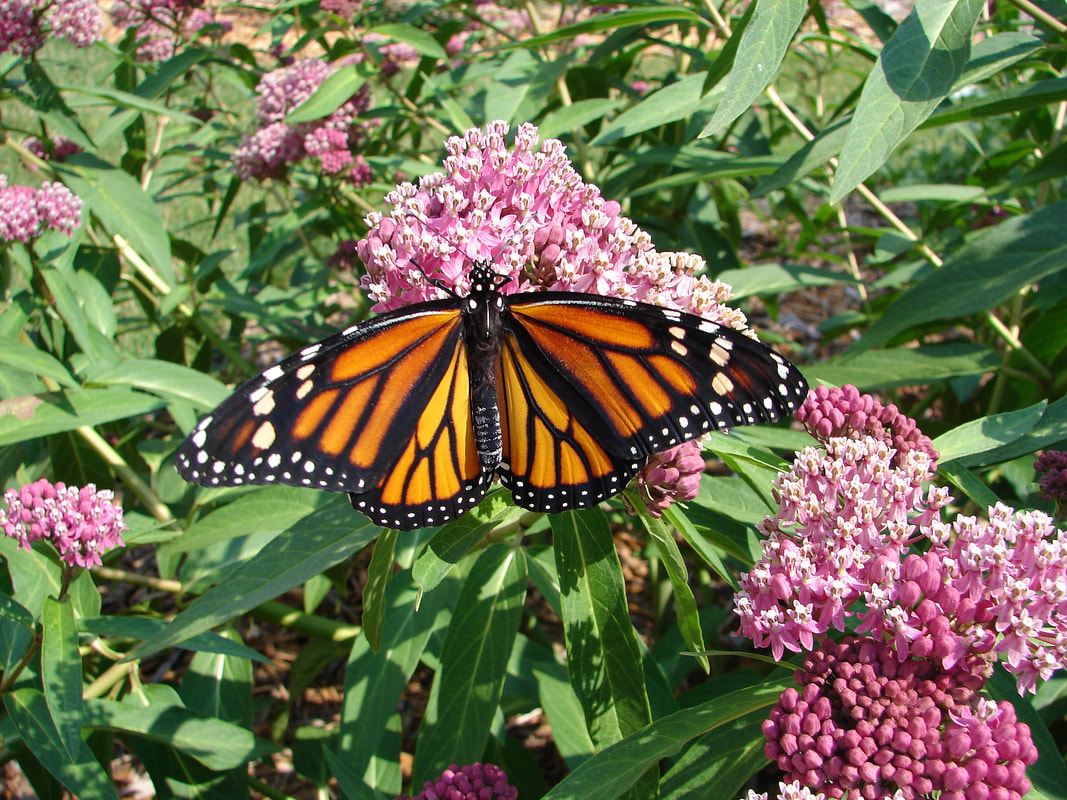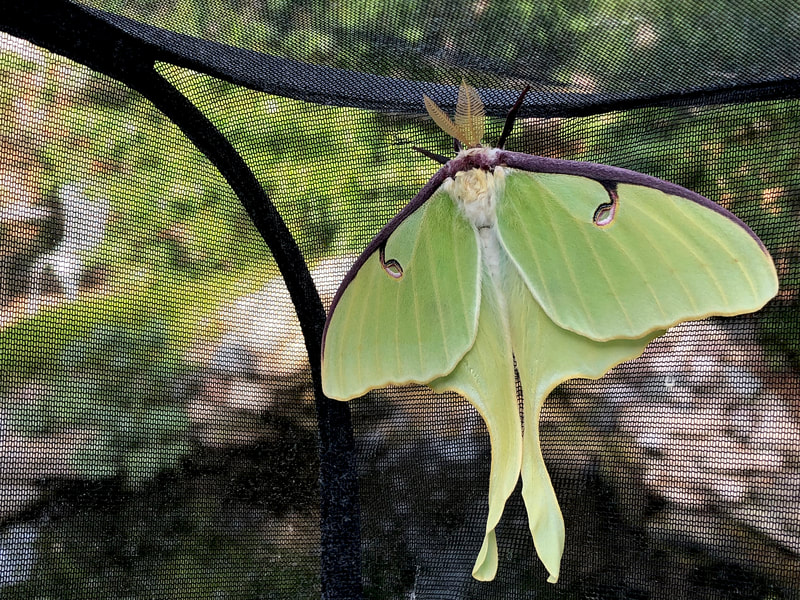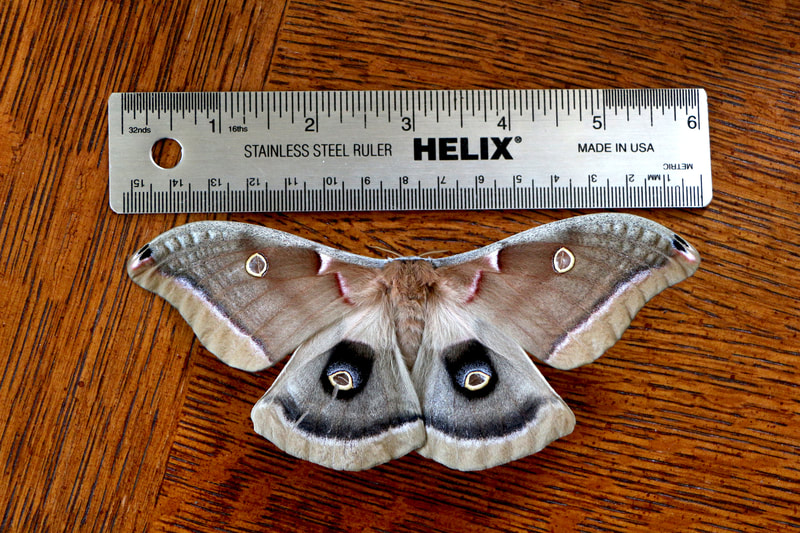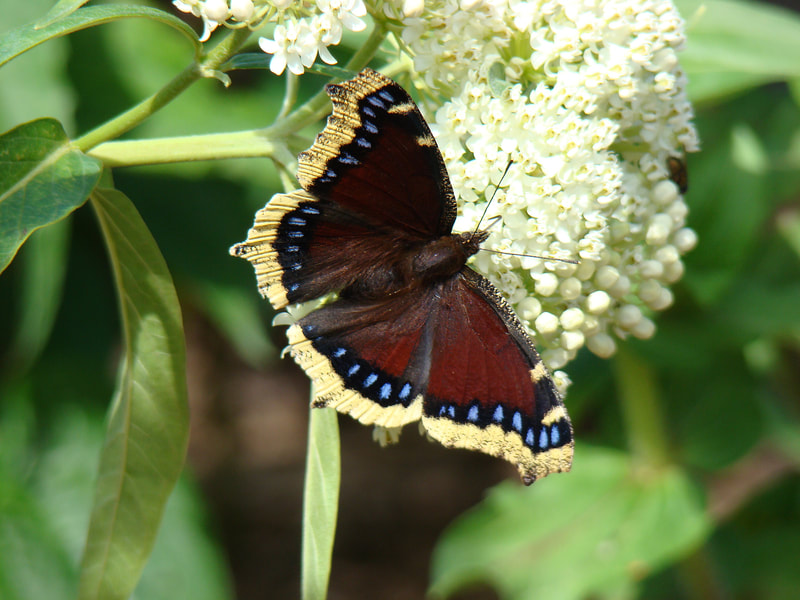Growing Native Plants that Butterflies and Moths Need
By Brenda Dziedzic, Author of Raising Butterflies in the Garden
At the end of March, I saw lots of bees nectaring on my Prairie Willow. I also saw a bumble bee and a Cabbage White butterfly. These are all signs that soon our gardens will be alive with pollinators, including butterflies and moths. If you would like to encourage butterflies and moths to your garden, here are steps to take to create a habitat for them.
At the end of March, I saw lots of bees nectaring on my Prairie Willow. I also saw a bumble bee and a Cabbage White butterfly. These are all signs that soon our gardens will be alive with pollinators, including butterflies and moths. If you would like to encourage butterflies and moths to your garden, here are steps to take to create a habitat for them.
- Plant native plants, since that is what these species evolved from. Instead of planting plants that are native, people are using plants from other regions of the USA and other parts of the world. Some of these plants have been genetically altered, so that they produce little, if any nectar. Most non-native plants do not provide what the butterflies, moths, and caterpillars need.
- Find an area that provides at least 6 hours of sun, since that is what most butterfly and moth plants need.
- Since butterflies and moths are nearsighted, to make it easier for them to see, plant in groups of 3 or more plants, unless trees or large bushes. This will also help to ensure that caterpillars have enough food to survive.
- Plant host plants in multiple locations. Planting host plants in multiple locations will help to prevent as much predation of eggs and caterpillars.
- Overripe fruit such as bananas, cantaloupe, peaches, pears, and watermelon provide nutrients for many butterflies and moths.
- Nectar plants are food for butterflies and moths. Nectar contains carbohydrates and amino acids, which are needed for egg production.
- Host/larval plants are needed for butterflies and moths to lay their eggs on and to provide food for the caterpillars. Many trees are host plants and can be kept short by cutting them down to between 2 and 3 feet tall each fall, before there is a chance of frost.
Here are some of the butterflies and moths that you can plant for and the plants they use.
- Monarchs - Milkweed -Asclepias spp.
- Giant Swallowtails- Hoptree - Ptelea trifoliata, Prickly Ash - Zanthoxylum americanum,
- Mourning Cloak - Birch - Betula spp., Elm - Ulmus spp., Hackberry - Celtis spp., Willow - Salix spp., Polyphemus - Birch - Betulaceae spp., Maple - Acer spp., Oak - Quercus spp., Willow - Salix spp.,
- Luna - Hickory - Carya spp., Sumac - Rhus spp., Sweetgum - Liquidambar styraciflua, Walnut - Juglan spp.





